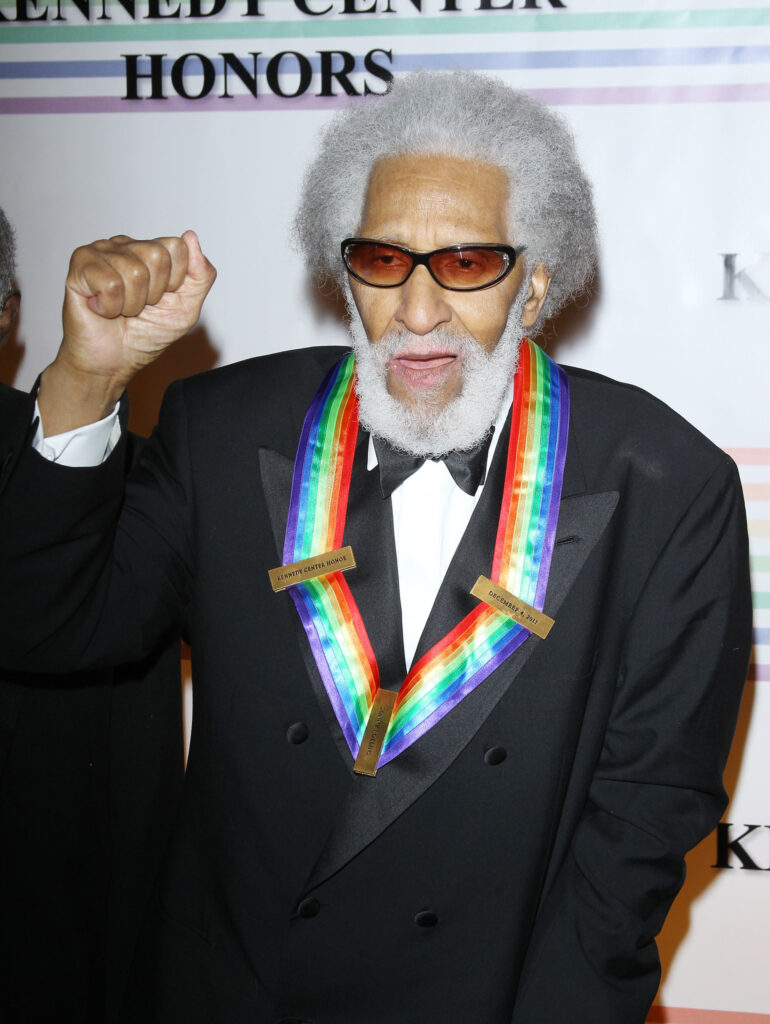
I was going to comment on Trump’s comments yesterday about the Medal of Honor as yet another in a ceaseless series of instances suggesting there’s absolutely, impossibly, no bottom; that his mendacity, stupidity, and relentless drive to prove that in America one can be not only devoid of shame and thrive but that, in fact, the *more* shameless one is, in politics, the better a career move it can be (see the clownish and despicable performance of Nancy Mace last night), and how that fact causes me to consider Charles Baudelaire’s immortal observation that “the greatest trick the Devil ever pulled was convincing the world he didn’t exist” (stolen/borrowed in The Usual Suspects), and deduce the greatest gift Donald Trump has given the world is removing all doubt, with every utterance and action–all solely in the service of his self–he obliges, he *forces* the people who persist in supporting him, at long last and after all this (!!!!), for their own sexist, racist, desperate, and equally self-absorbed reasons (especially the cretins in elected office who continue to delude & abase themselves, after *decades* of evidence to the contrary, that accommodating him and covering for him will in some way advance their careers or make them money or grant them influence–and it usually will, if only to set them up for the ultimate, spectacular betrayal), reveal, for everyone watching, that they have willingly offered up their broken, morally bankrupt, wholly owned souls; those who, after all this, still carry water and carry on, are living evidence of how not to live. Imagine believing the sewage that spills out of his mouth. Imagine being inspired by his example. Imagine aspiring to be more like him. And imagine the inner worlds of the sad people who look at this cartoon rendering of human fallibility and see a hero.
But I’d rather point out that we share the planet with examples of rare souls who are the antithesis of Trump’s Sui generis sociopathy and solipsism, many of them artists, and today I think of the equally Sui generis Sonny Rollins, who still strides amongst us closing in on 94 years young, a giant in a world filled with microscopic wannabes, a man who used his prodigious talents to pursue the furtherance of his skills with monomaniacal zeal, a kind of artistic Captain Ahab utterly surrendered to the simple, impossible task of pushing himself as far as humanly possible so that he could share these gifts with the world. When I consider the nadir of human potential that Trump and his ilk illustrate, I counter it with its antidote: a Supreme Being like Sonny (here being himself, jumping–in ecstasy mid-solo–and breaking his heel, then continuing to play BECAUSE THAT’S WHAT ONE DOES (if one is Sonny Rollins).
Much more on Sonny Rollins here, and my poem “Sonny Rollins’s Bridge” (from my first collection The Blackened Blues), below.
Sonny Rollins’s Bridge
It wasn’t his bridge, of course.
It wasn’t even his city, and it certainly wasn’t
his world. It’s your world, jazz music says,
I’m just living in it. And the world’s a workshop.
Sonny was different, though. Even for one
we’d call young gifted & black without being
bromidic. Sonny heard so much but mostly
only listened to himself, waiting and creating
his own kind of way, expressing everything.
How do we describe the kind of man already
in rarified air deciding he wasn’t high enough
(having already eschewed the artificial ecstasy
that ruins veins and soils brains, Body & Soul)?
This colossus, keeping his own council, split
his apartment to set up shop in the crow’s nest
of the Williamsburg Bridge, perhaps the one
place aside from the Arctic Circle where no one
could see or hear history being picked apart
like a carcass, and then reassembled in real time.
Three years of this. Almost a thousand days
while the world spun, the cash registers rung,
and so many pretenders to the throne ascended
for lack of better options. Sun turned to snow
and dawn turned to dark and there were still
all those sounds: a style being tweaked, a gift
being refined, an experiment being improvised.
The quest for vision, it’s said, will make
otherwise steady men see outlandish sights:
as they deprive themselves of human fuel
they become something at once less & more
than a vessel; the spirits speak to and through
them and once that barrier is broken, one sees
oneself changed, then begins changing the world.
(*In 1959, feeling pressured by his unexpected rise to fame, Rollins took a three-year hiatus to focus on perfecting his craft. A resident of the Lower East Side of Manhattan with no private space to play, he took his saxophone up to the Williamsburg Bridge to practice alone.)
